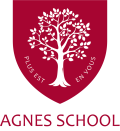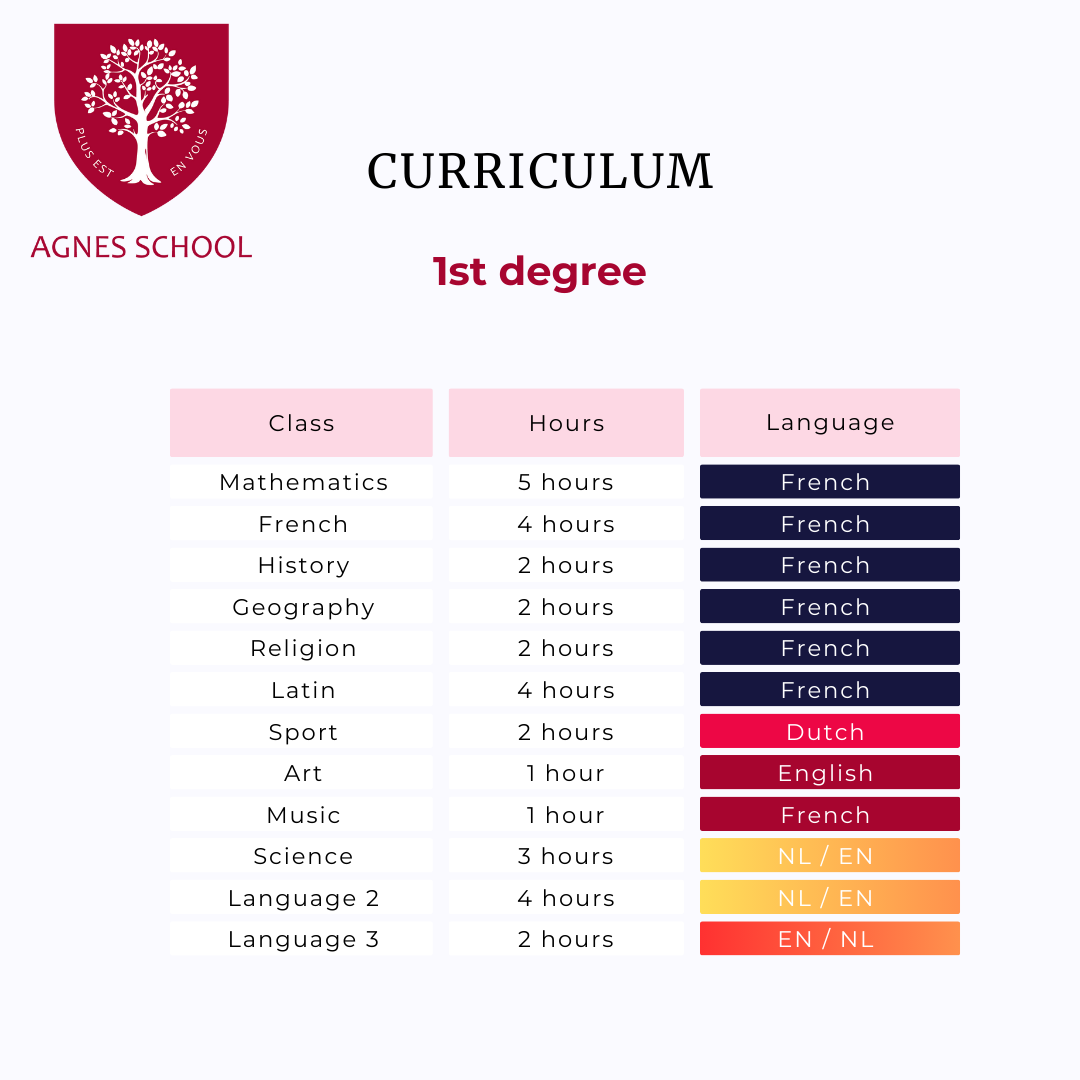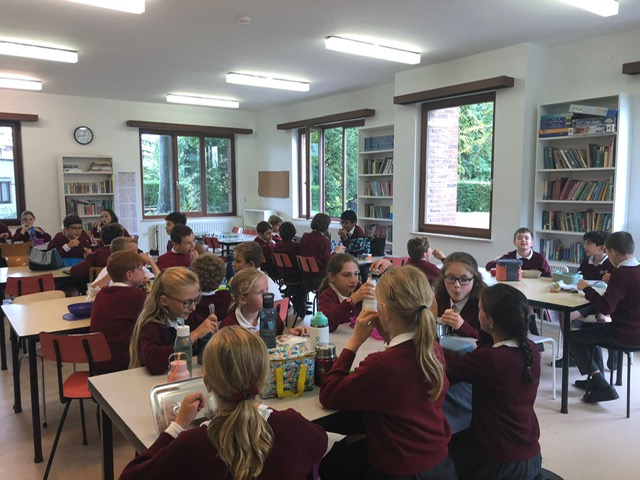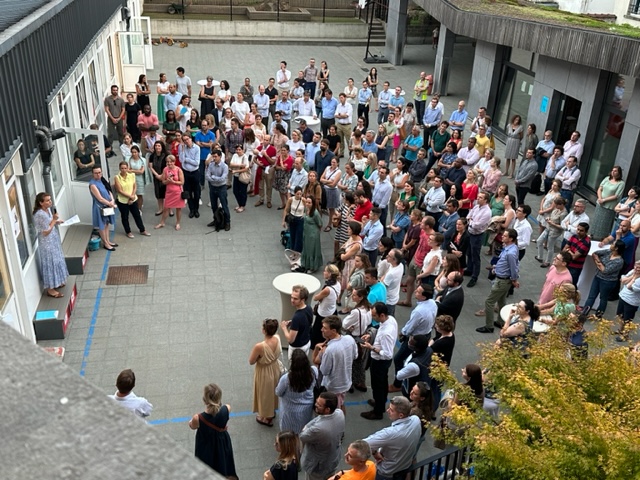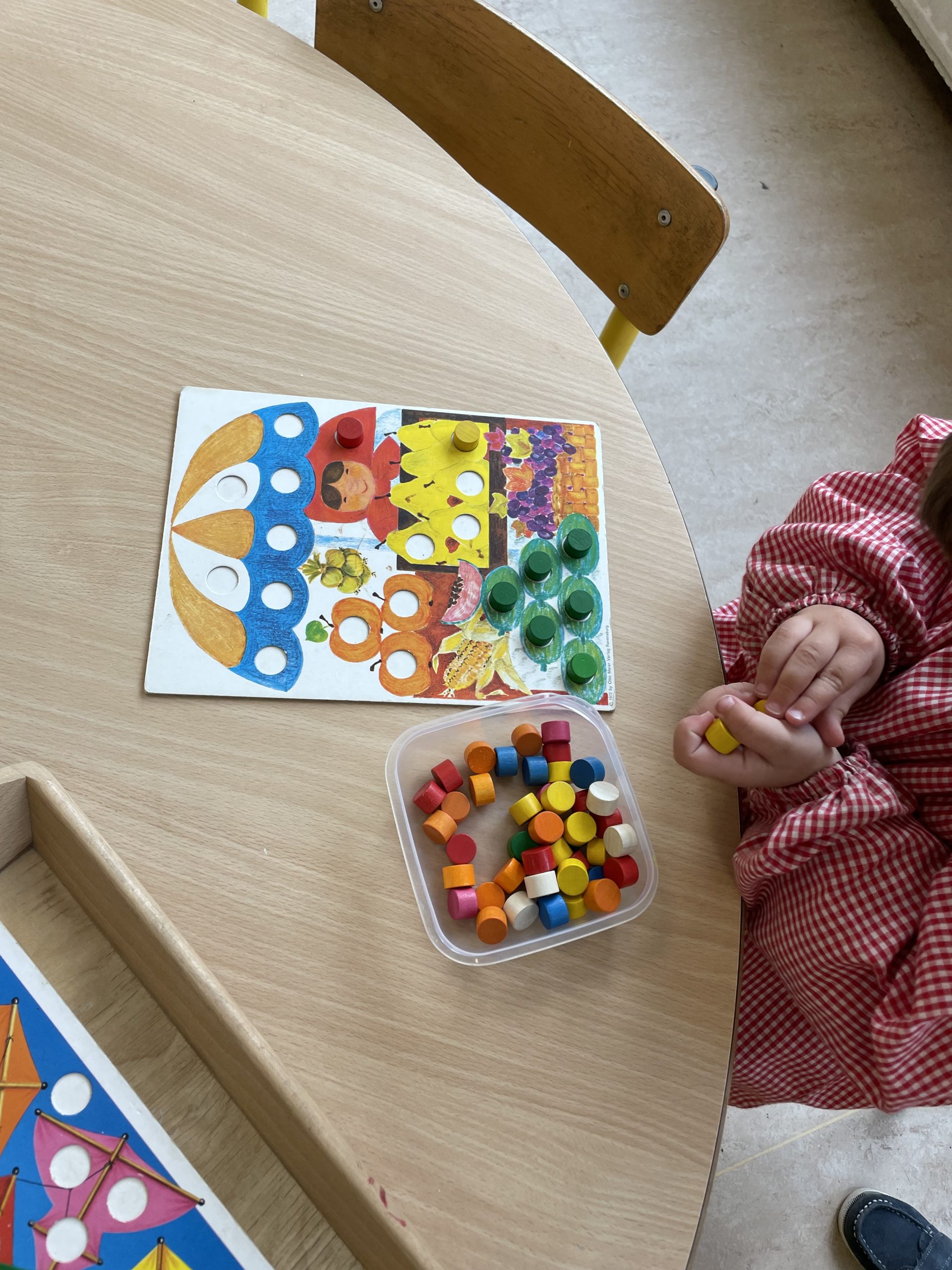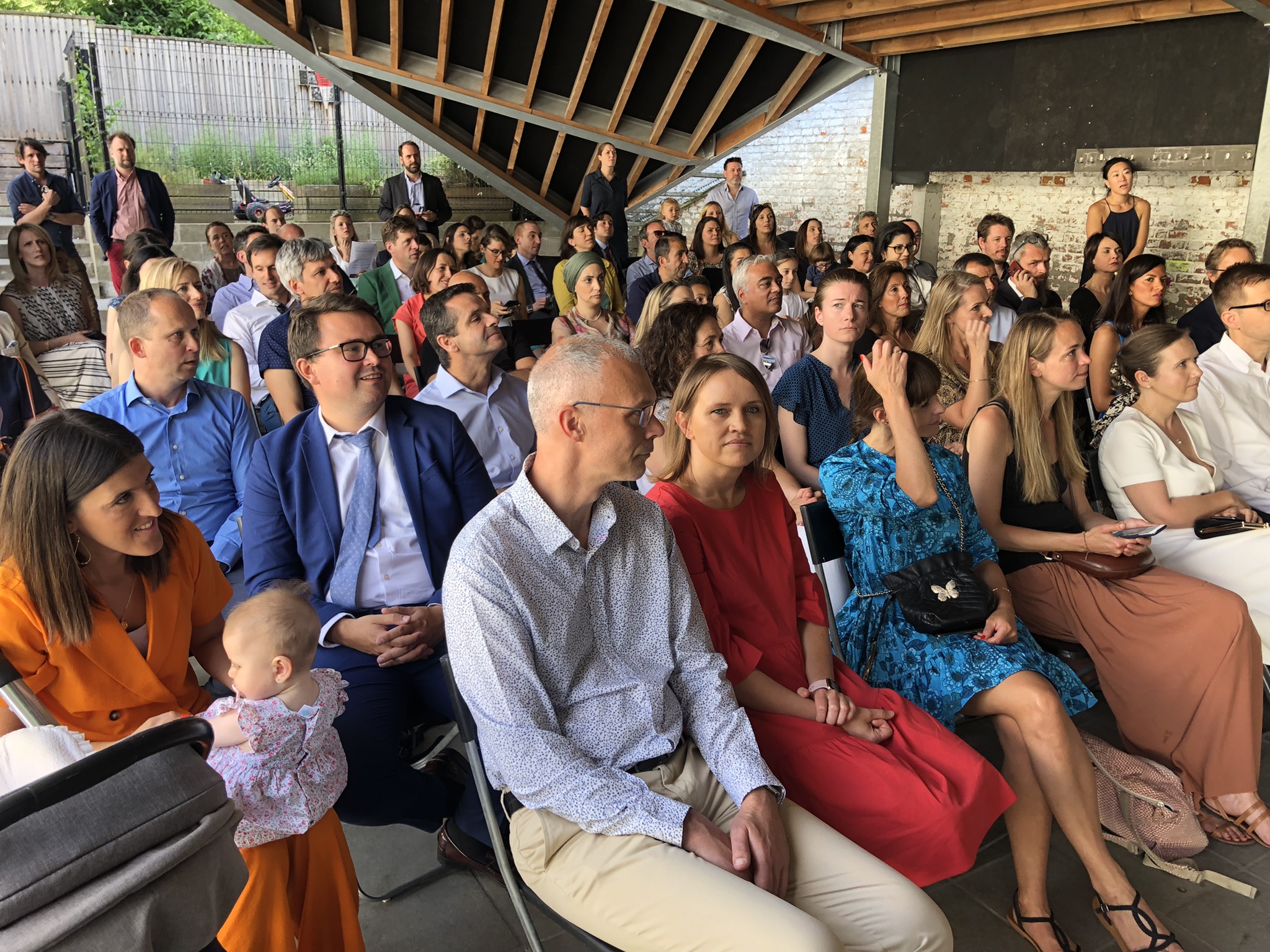Secondary school
The educational project
The secondary school classes currently welcome pupils aged between 12 and 14, and will soon accept pupils aged up to 17 (all the six secondary years will be open by 2027, as one year group is being added each year until then).
Through a demanding curriculum, each pupil is encouraged to strive for human and academic excellence, and to develop a clear mind, a firm will, a good heart and a joyful soul in a healthy body.
The importance of general knowledge
Agnes School undertakes to convey extensive general knowledge. This knowledge enables pupils to understand and love the world they live in and to develop their own thinking as well as innovative and creative ideas.
The course content is carefully chosen, the materials are comprehensive and informative and our teaching staff help pupils to learn and be passionate about their subjects by overcoming any difficulties they may have.
Reading
T-time
Modules
Trilingual language immersion
Immersion learning promotes a high level of knowledge and motivation for the taught language (Dutch or English), a cultural richness and a better ability to listen and understand.
Secondary school pupils start learning a third language from year 1. 60% of their classes are taught in French, 30% in language 2 (Dutch or English) and 10% in language 3 (English or Dutch).
Qualifications aimed for
In year 2 and year 4 of secondary school, pupils take the CE1D and CE2D (certificate of first stage and second stage of secondary education organised by the French Community of Belgium).
At the end of year 6, pupils aim to obtain the International Baccalaureate® (IB).
The 2nd degree options are based on the following principles:
- The desire to maintain a solid core curriculum
- The creation of two streams: one literary and one scientific.
In S3:
- Latin has been retained, to give everyone the opportunity and pleasure of discovering the basics of Latin literature and culture.
- Mathematics remains a strong program, with an hour of consolidation or math+ depending on the student’s profile.
- Science is taught in language 2.
- Immersion in the 2nd language is reinforced by the addition of 2 hours of oral expression.
The second stage curriculum
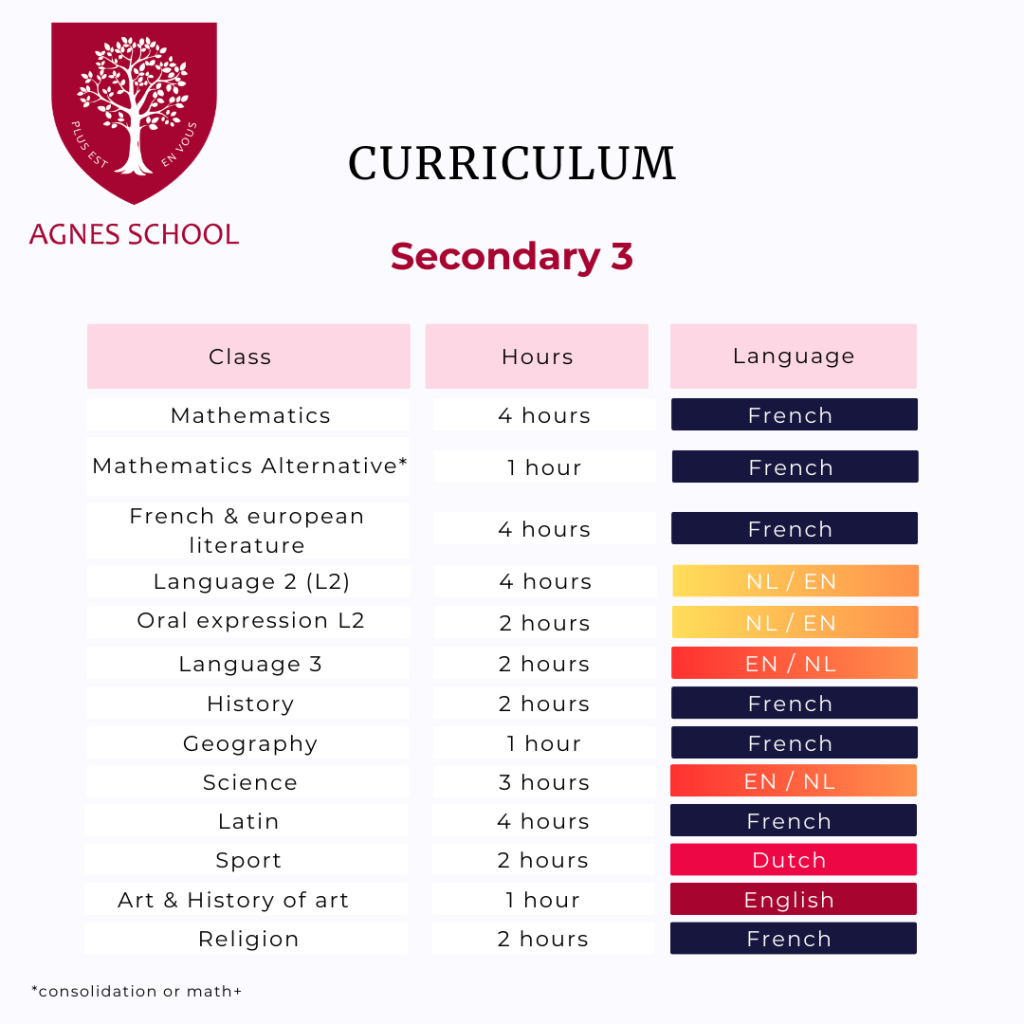
In S4, 28 of the 32 periods are in the core curriculum and 4 hours of options are to be chosen from among the following:
- Latin 2h
- Latin 4h
- Mathematics +2h
- Science +2h.
Weekly schedule
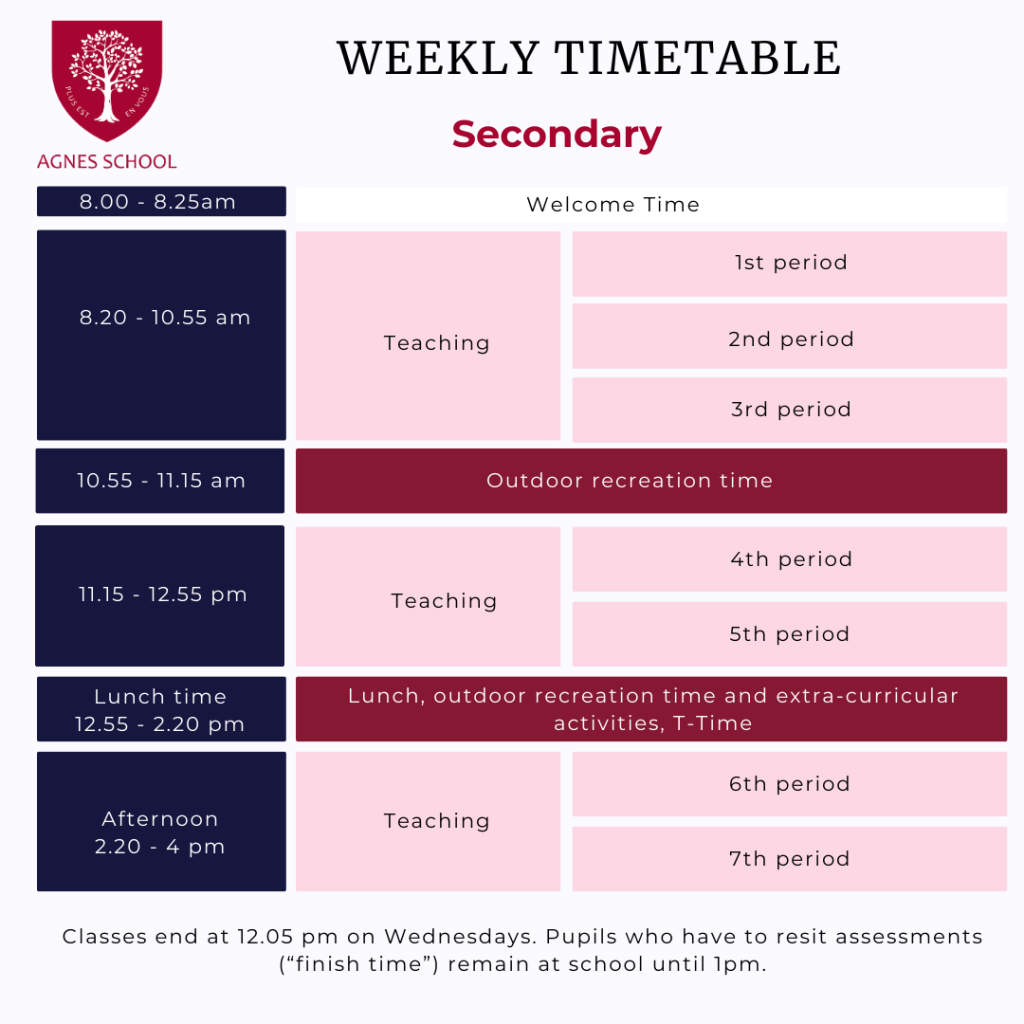
Screens
Mobile phones, smart watches and other connected items are not permitted in school. Pupils hand in their phones when they arrive and collect them once classes are over.
Faith experienced naturally
The programme includes two hours of Catholic teaching a week, which gives the pupils a deep understanding of the faith. Once a month, as part of the classes, pupils attend catechetical mass, during which the meaning of the different parts and of the various rituals of mass are explained to them.
School days include prayer at the beginning, middle and end of the day, and pupils are welcome to spend time in the chapel in their free time. They also have the opportunity to attend mass and to receive the sacrament of reconciliation several times per week.
Enrolments
The enrolment process is explained in the “Admissions” section. Students may join during the school year.
